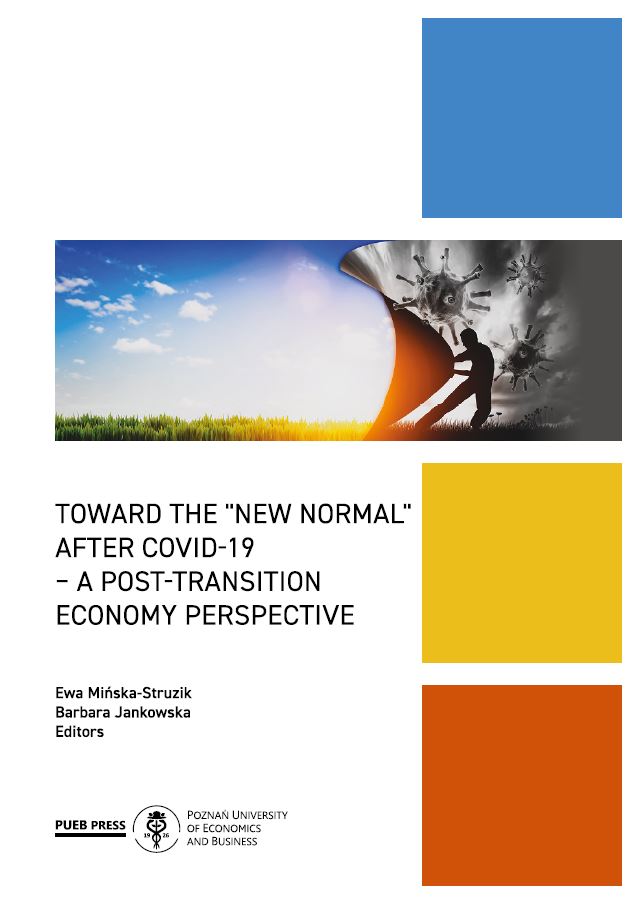Future competences in times of an economic crisis
Future competences in times of an economic crisis
Author(s): Anna Łupicka
Subject(s): Economy, Business Economy / Management, Communication studies, Sociology, Management and complex organizations, Sociology of the arts, business, education, Human Resources in Economy, ICT Information and Communications Technologies, Globalization
Published by: Wydawnictwo Uniwersytetu Ekonomicznego w Poznaniu
Keywords: future competences;COVID-19 pandemic;economic crisis;technical skills;managerial skills;social skills;
Summary/Abstract: Purpose: The aim of the chapter is to present the competence patterns before and during the economic crisis and to determine the importance of individual competences for doing business in a turbulent environment. In many sectors of the economy, global changes triggered by Covid-19 called into question the use of existing sets of competences needed to run businesses effectively in supply chains. The continuous improvement of supply chains – or lean and agile management – will no longer work in current conditions. Faced with an increasingly unstable economy triggered by a global pandemic, many economists ask whether the existing competence patterns in companies or supply chains remain appropriate and proper for the current economic situation. Design/methodology/approach: In 2017, a survey was conducted among selected experts in the pharmaceutical sector. The same questionnaire distributed in September 2020, during the Covid-19 pandemic. The experts were highly qualified managers employed in transnational companies. The 10 respondents were asked to indicate selected competencies. The choice of the pharmaceutical sector was motivated primarily by its specific characteristics as it is particularly important not only economically but also socially, by providing life-saving medicines. Findings: Technical competences are becoming the necessary ones. This is due to the need for self-sufficiency in lockdown situations, when it is difficult to find external employees and the possibility of outsourcing skills. In the case of managerial competence, it is clear that creativity and entrepreneurial thinking have increased in importance. When analyzing social competences, what comes to the fore is diversity of intercultural skills: foreign language skills, the ability to compromise, the ability to transfer knowledge, and finally, the ability to adapt to change. Originality and value: This chapter answer what competences seem necessary for future managers in the pharmaceutical industry in a turbulent environment, which is crucial for research and teaching centers who seek to educate future managers at the highest level of specific competences and skills. Due to the dynamic development of the industry, the text identifies the needs in the areas of technical, managerial, and social skills.
Book: Toward the „new normal” after COVID-19 – a post-transition economy perspective
- Page Range: 223-233
- Page Count: 11
- Publication Year: 2021
- Language: English
- Content File-PDF

